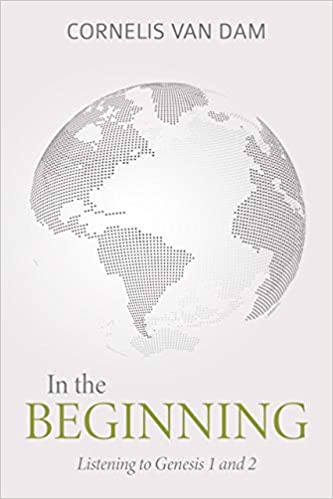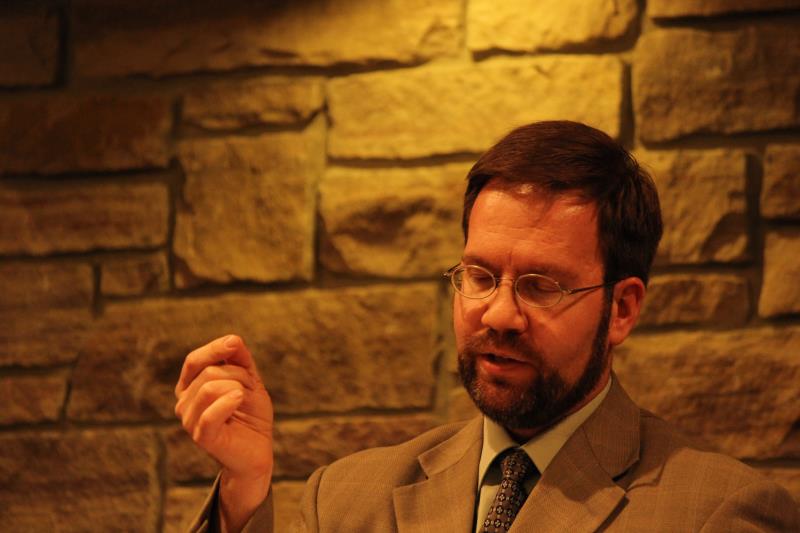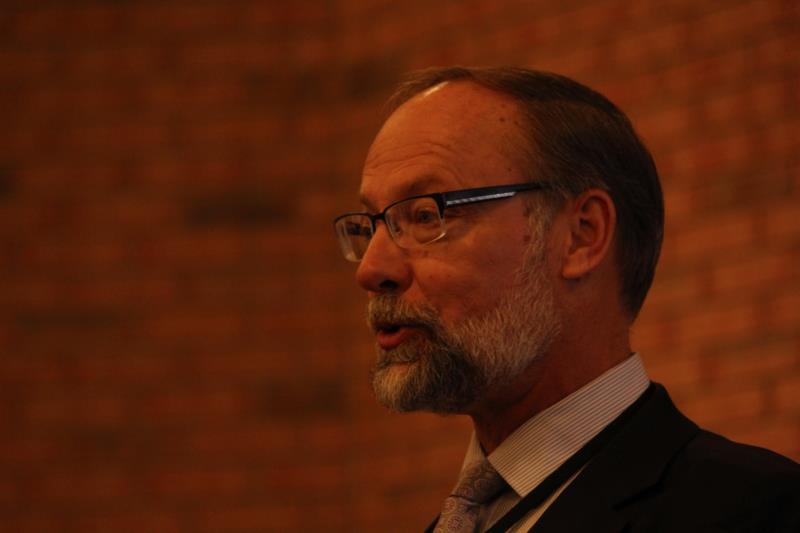Resource Finder
Displaying all results for topic 'Interpretation of Scripture'
11 Result(s)
Resources
In the Beginning: Listening to Genesis 1 and 2
Concerned with an apparent shift among conservative scholars to answer in the negative, Cornelis Van Dam argues that reading Genesis 1 and 2 as history is not only justified but necessary. Van Dam clarifies the different roles that ancient Near Eastern literature and scientific theories should play in our understanding of the Bible as he carefully deals with the exegetical details of the first two chapters of the Bible.
Correctly Handling the Word of Truth
How should the Word of God be interpreted and applied today? In this volume, no less than sixteen Reformed scholars from four different countries join together to tackle the hard questions that often arise when we busy ourselves with the weighty responsibility of interpreting Holy Scripture. As iron sharpens iron, so also these Reformed scholars challenge each other and their readers to ask not only how hermeneutics can be done, but ultimately, how it should be done so that God's Word of Truth may be handled correctly (2 Tim 2:15).
Editor: M. te Velde, G.H. Visscher. Publisher: Wipf and Stock, 2014. ISBN 9781625649119
The Two Books Debate: What if Scripture and Science seem to say Different Things?
Recorded during Conference 2014: "Correctly Handling the Word of Truth: Reformed Hermeneutics Today." It is common to speak of the two books of God's revelation: the book of Scripture (special revelation) and the book of creation (general revelation). Support for this approach has been found in Article 2 of the Belgic Confession. However, should the book of creation, and scientific discoveries from it, impact how we interpret the book of Scripture? Or should it be the other way around? Dr. B. Kamphuis responds to this speech.
Interpreting the Bible in and with the Church: The Imperative for and Challenges of a Confessional Hermeneutic
Recorded during Conference 2014: "Correctly Handling the Word of Truth: Reformed Hermeneutics Today." This address revisits the issue of the authority and function of the church’s creeds and confessions in the interpretation of Scripture. After reviewing the decline of, and challenges to a confessional hermeneutic, in the centuries after the Enlightenment, the more recent emergence of the “theological interpretation” of Scripture is explored. This speech offers a defense of a confessional hermeneutic in the face of contemporary challenges. Dr. Dean Anderson responds to this speech.
So What does Separate the Sheep from the Goats?
This is the author's inaugural address as Professor of New Testament at the Canadian Reformed Theological Seminary. He looks closely at an often misunderstood parable in Matthew 25:31-46.
1 Timothy 2:12-15: The Nature of Paul’s Injunction about Women
Recorded during Conference 2014: "Correctly Handling the Word of Truth: Reformed Hermeneutics Today." This speech begins by considering the role of women in the Greco-Roman world, discusses some aspects of Paul’s views in 1 Corinthians, and then explores to what degree his view was rooted in his convictions about the creation and fall of mankind.
The Reader as Focal Point of Biblical Exegesis
Recorded during Conference 2014: "Correctly Handling the Word of Truth: Reformed Hermeneutics Today." Many scholars have accepted the idea that biblical exegesis should focus on the text rather than on original author's intention. More recently, a third perspective has been added, which focuses on the reader of Scripture. In short, the reader (or: every reader) makes the (or: his/her own) meaning. This speech evaluates that approach.
A Soteriological Perspective on our Understanding
Recorded during Conference 2014: "Correctly Handling the Word of Truth: Reformed Hermeneutics Today." According to Paul in 1 Corinthians 2, it is the Holy Spirit who teaches us, and the mind of Christ that we receive. This indicates the importance of a soteriological perspective on how we interpret the Bible. Participation in Christ is a central motif in this address. Dr. Alan Strange responds to this speech.
The Structure of Jeremiah: Confessional Integrity and Quality Control
Recorded during Conference 2014: "Correctly Handling the Word of Truth: Reformed Hermeneutics Today." The first part of this speech will present a proposed structure for Jeremiah. A second part introduces and applies some critical methods to test the validity of the proposal. A third part assesses the profits and perils of the critical methods themselves and suggests what a Reformed Old Testament scholar can and cannot say. In this way the structure of the book of Jeremiah serves as a test case for the interplay of confessional integrity and quality control. A panel discussion follows this speech.
Accommodation: Another Wax Nose?
Recorded during Conference 2014: "Correctly Handling the Word of Truth: Reformed Hermeneutics Today." In Reformation times both sides were accusing the other of making Scripture a wax nose. Today one may well wonder whether the doctrinal construct of God’s “accommodation” in divine revelation has become a wax nose.
Interpreting Historical Narrative: Questioning a Methodology
Recorded during Conference 2014: "Correctly Handling the Word of Truth: Reformed Hermeneutics Today." In discussions on understanding portions of Scripture that narrate historical events, the distinction is being made in conservative circles between Scripture’s truth claim and truth value. This speech asks whether such a distinction and method of determining truth and meaning in narrative passages is warranted and necessary as a model for biblical exegesis. Dr. van Bekkum responds to this speech.













